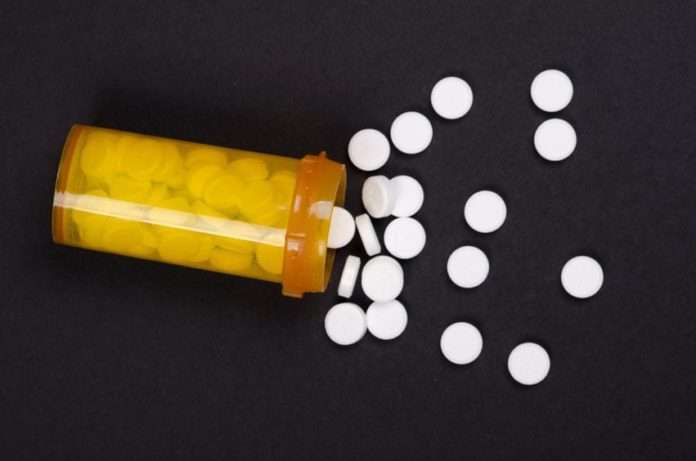The nation’s opioid epidemic continues to make front page news, with federal and state organizations making awareness, legislation, and treatment a priority. Back in 2012, U.S. doctors wrote 259 million opioid prescriptions, and since then, the number of Americans struggling with opioid addiction — as well as the number of fatal overdoses due to opioids — has risen drastically. In 2016, more than 5,700 opioid-related deaths occurred in the state of Florida. The following year, Gov. Rick Scott declared Florida’s opioid epidemic to be a public health emergency, with nearly 12% of all U.S. fatal overdoses occurring here. Now, local organizations hope that major private and federally funded grants will make a difference.
In the Sunshine State, an opioid death occurs every two and a half hours. In the past three years, opioid fatalities increased by more than 70% in Orange County alone. Last year, the state spent half of a $54 million grant — given after Florida’s state of emergency was declared — on methadone and buprenorphrine treatments, as well as naloxone kits (the overdose antidote) and Vivitrol (a medication that blocks the effects of opioids). Insurance company Aetna has added to the support Florida receives from the federal level by earmarking $1 million for the Florida Alcohol and Drug Abuse Association. This $1 million will be used to expand two programs.
“All In For Florida: The ER Intervention Project” is meant to increase efforts to rapidly and directly transition overdose patients from ERs to intervention services in the community. Last year, Florida hospitals treated approximately 18,000 opioid overdoses, about 10% of which were second or third overdoses. While the average ER visitor pays total costs of $1,318 nationwide, opioid-related treatment costs exceeded $1.1 billion last year, according to the Florida Agency for Healthcare Administration.
Opioid-related ER visits represent a critical point for intervention, explains Mark Fontaine, executive director of FADAA.
“With closely integrated resources, we can prevent addicts from slipping back through the cracks,” Fontaine told the Naples Daily News. “These grants will help us create a bridge from emergency rooms to treatment facilities for those experiencing an overdose and provide comprehensive services for this vulnerable population.”
Out of the 955 overdoses that occurred last year, only 11 Floridians died — but the number of overdoses overall being treated in emergency departments is growing at an alarming rate. They’ve touched virtually every community in the state, which makes building the connection between emergency and intervention treatment all the more important.
The Aetna grant will also fund a second endeavor, the “All In For Florida: A Recovery Project.” It’s meant to help informal recovery group networks across the state become accredited Recovery Community Organizations. This will help those in recovery gain additional access to support like behavioral and mental health services and housing assistance, as well as provide additional training and resources for staff to make a bigger impact on a community in need.
In addition to the grant from Aetna, Florida will also receive the second half of the federal grant — another $27 million to combat the opioid crisis. This funding will again be used to pay for methadone and naloxone, as well as counseling services, residential treatment beds, ER treatment, outpatient treatment, and outreach for pregnant women who are struggling with substance abuse.
Members of the community hope that the funding, coupled with legislation that has placed limitations on opioid prescriptions and that created a statewide database physicians must consult, will make a considerable difference in the local side of the epidemic.


